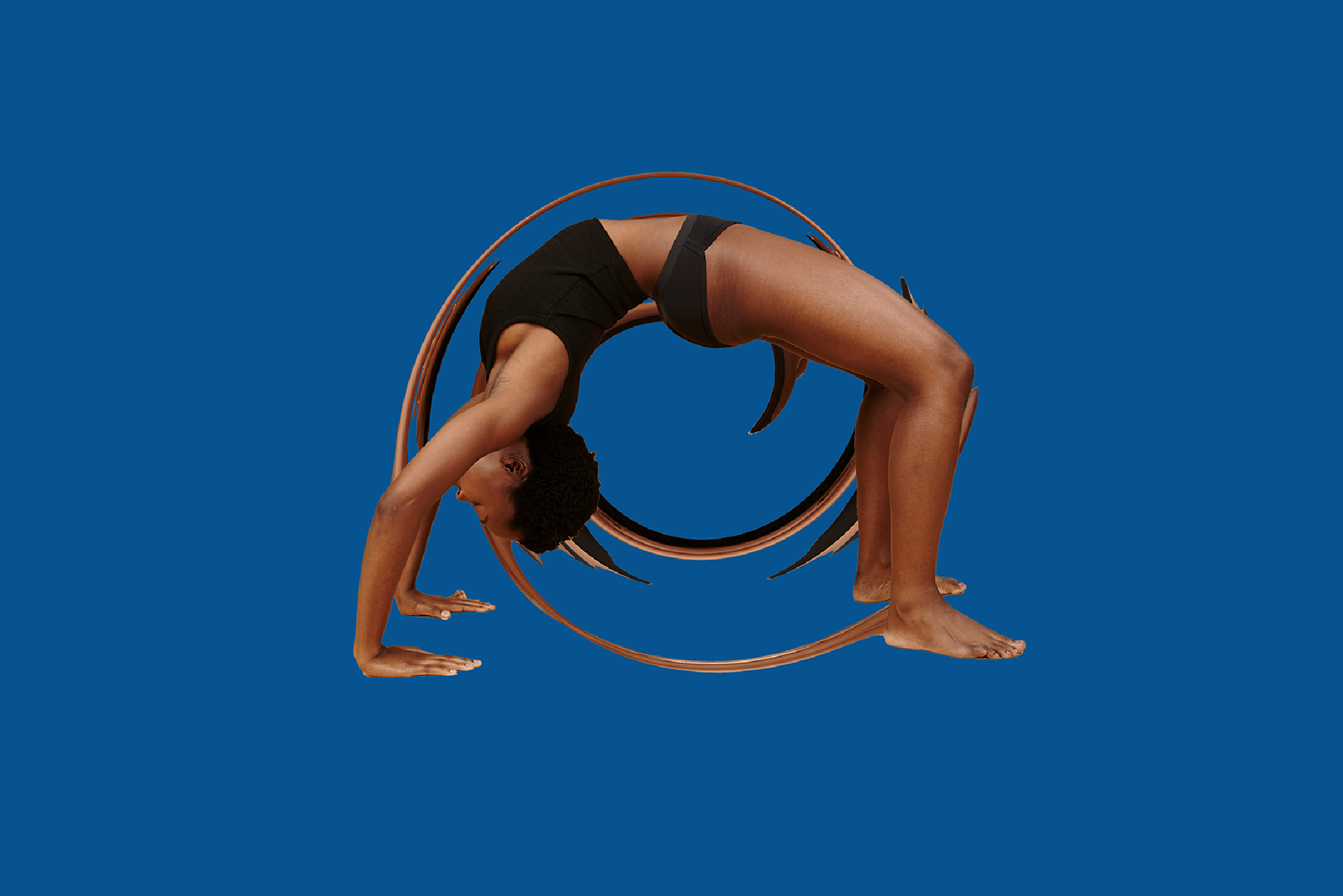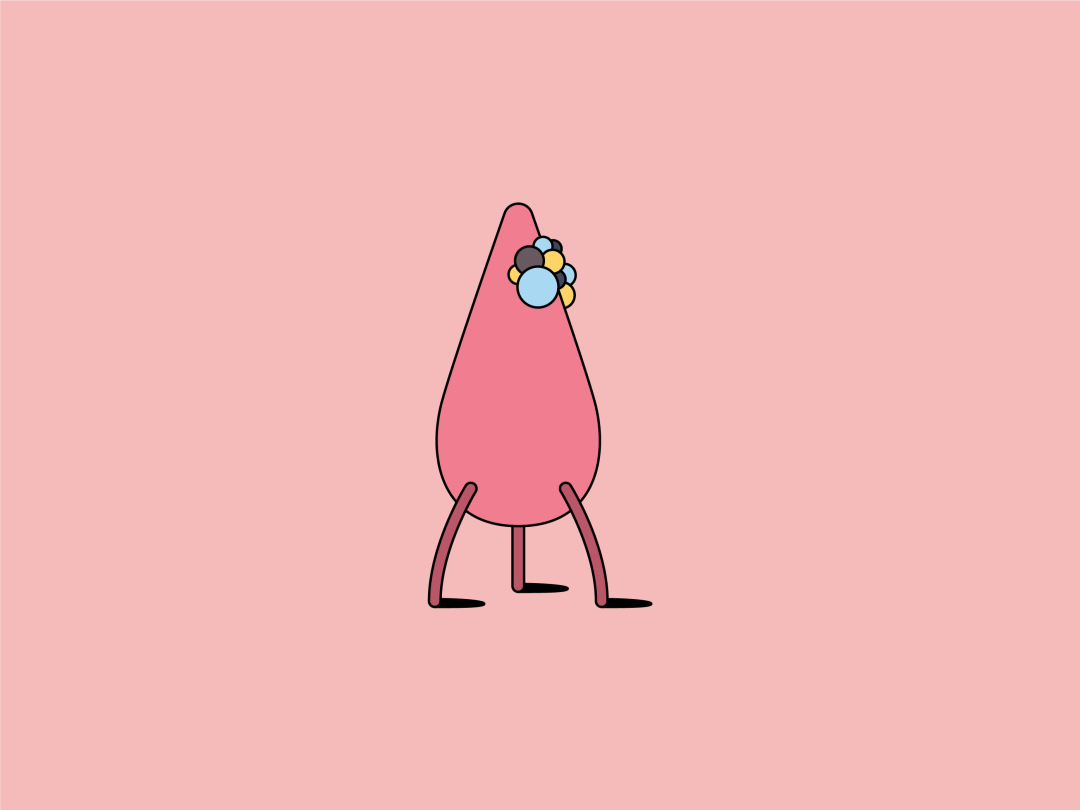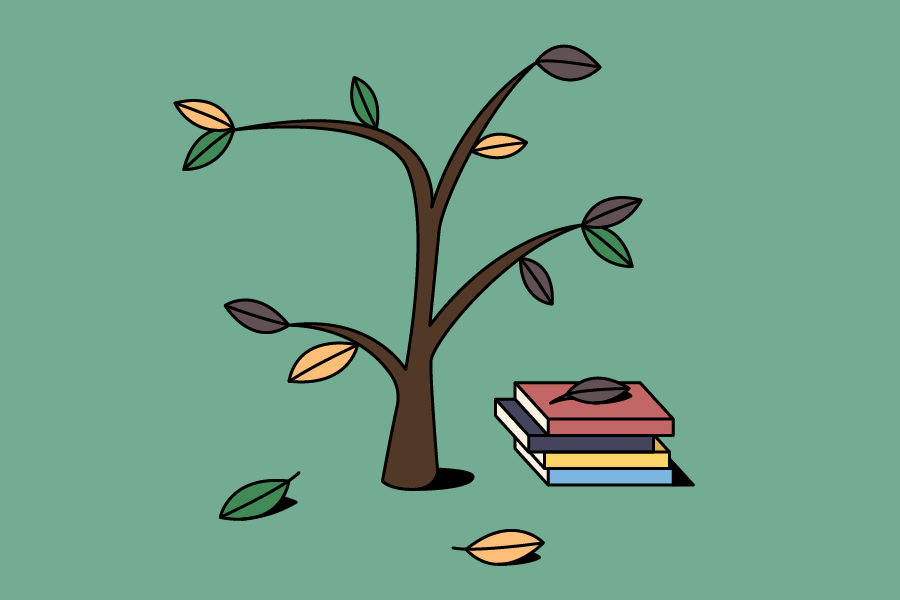Sign up to stay in the loop on new styles and sales!
Sign up to stay in the loop on new styles and sales!
PCOS is Not the End of The World: How I Cleared My Acne, Solved My Period Problems, Shrank My Cysts, and Changed My Life
thinx archive
·5 min read

by Bibi Deitz | 08/17/2017
I was diagnosed with polycystic ovarian syndrome, or PCOS, in my early twenties. My skin was broken out and I had epic periods every month with terrible cramps and heavy bleeding. I felt super depressed before the start of every period and, after some research, asked my gynecologist to send me out for a transvaginal ultrasound. Sure enough, the results came in: I had many tiny cysts on both ovaries, as well as a couple of larger dermoid cysts and a simple fluid-filled cyst. PCOS.
For the uninitiated, PCOS is the most common cause of anovulatory infertility (due to lack of ovulation), according to the National Institute of Health. If you have PCOS, you are more likely to be overweight, or have type 2 diabetes or cardiovascular disease. While much is understood about the condition, there’s still much more to be discovered; various studies to understand the cause of PCOS are ongoing, like this one at Northwestern. It’s an epidemic, and though there are plenty of ways to treat and manage the symptoms, there is no cure.
At the time, my diagnosis felt scary. There wasn’t much out there on the internet about the syndrome, other than some weird YouTube tutorials on smoothie-making and a lot of apocalyptic talk about the lack of a definitive cure. So—I did what any normal millennial would do and turned to a naturopath and acupuncturist.
I’m getting ahead of myself, though. First I went the mainstream route. I saw an endocrinologist, who told me I didn’t have PCOS, because I wasn’t overweight and didn’t have any abnormal body hair and had regular periods. He told me cysts on the ovaries are normal. (FYI, they’re not.) I saw a different gynecologist, who told me I might have PCOS, but whatever, it’s NBD, and I should definitely take oral birth control. But I’d done that in my teens, and it hadn’t gone well. I wasn’t keen on trying again.
The trouble with PCOS is that it’s still widely misunderstood. It’s usually treated with birth control, which is fine if that’s what works for you, but if that doesn’t work, there aren’t a ton of other options. It’s suggested by some that you avoid white sugar and processed carbs; I don’t eat white sugar anymore but I haven’t kicked the carbs. Some doctors will tell you that you don’t have it when you do; others might diagnose it prematurely; oftentimes you might figure out that you have PCOS before your doctor does, as I did. And when you’re correctly diagnosed with it, the news can feel overwhelming.
I began seeing a naturopathic doctor who specializes in women’s issues and fertility a little over a year ago. She confirmed that my symptoms sounded like PCOS and performed a full diagnostic assessment: blood, hormones via saliva, gut health via stool sample. She put me on a specific regimen that included a handful of targeted supplements, including a quality probiotic and a tablespoon of flax seed oil every morning, alongside regular acupuncture and a healthy-as-possible diet. I wasn’t convinced this would help—indeed, the changes came slowly—but six months in, we redid all of the tests and my levels had changed dramatically.
My skin cleared up; my periods are less heavy and painful, and last less time. Perhaps most notable, my left ovary, which was once five times its normal size, shrank back down to match the right. I still have tiny cysts on my ovaries, the calling card of PCOS, and the simple and dermoid cysts are holding strong, though the dermoids have become smaller. I’m not taking all of the supplements anymore, some remain in daily rotation, but I’m easing off most of them. There’s hope that the larger cysts will also shrink over time; my doctor has me experimenting with castor oil packs laced with frankincense and myrrh, which feel both lavish and extremely messy.
This is all to say: PCOS is not a death sentence. Of course, no one ever said it was, but it can feel that way sometimes, especially without a solid support network and a trusted doctor. I have a friend who was recently diagnosed with PCOS, and she felt at a loss in the face of an onslaught of news: You have cysts all over your ovaries! You need to go on birth control! You’ll have trouble getting pregnant! You’ll never be normal!
I told her my story, and assured her that she would be fine. And she will be. Whether you’re in her boat and this is all new, or if you’re in mine and you’ve been living with PCOS for a decade, you don’t have to despair. Today, my skin isn’t perfect, but it’s better than it was. I still get depressed before my period sometimes, but it’s a different tenor, and I trust that it will continue to change.
And as to the cysts—they’re manageable, at least for now. There was a phase when the simple cyst was hurting quite a bit, but that has stopped. I don’t have to take birth control. I don’t have to have surgery. Despite or perhaps because of the diagnosis, I am healthy and in control of my symptoms. One thing is for sure: We’ll learn a lot more about PCOS in the coming years. If you talk about it with friends, you’re sure to find others who’ve been diagnosed too. Doctors don’t know what causes PCOS—yet—but research is ongoing. In the meantime, don’t fret. We’re going to be okay.
by Bibi Deitz


